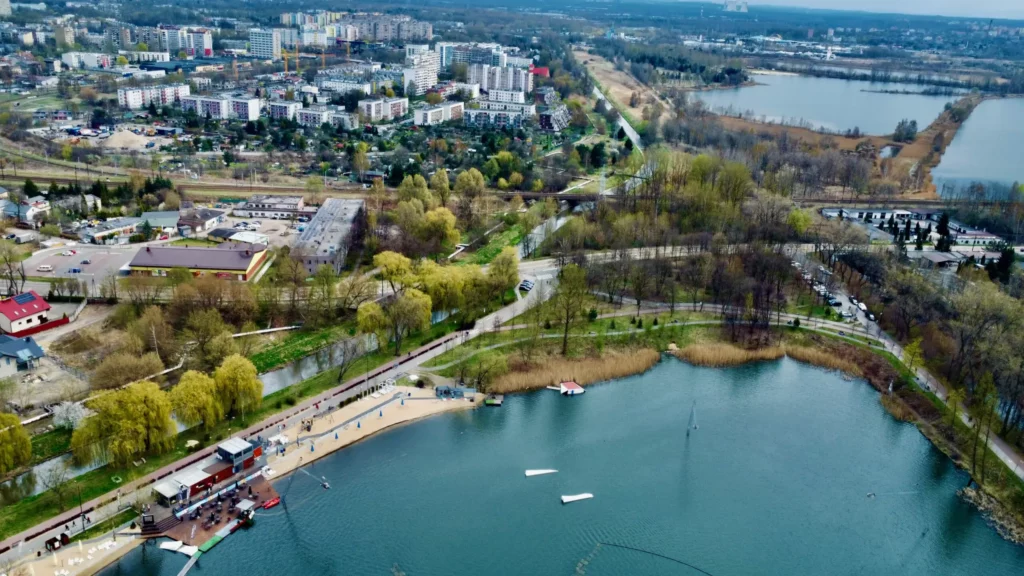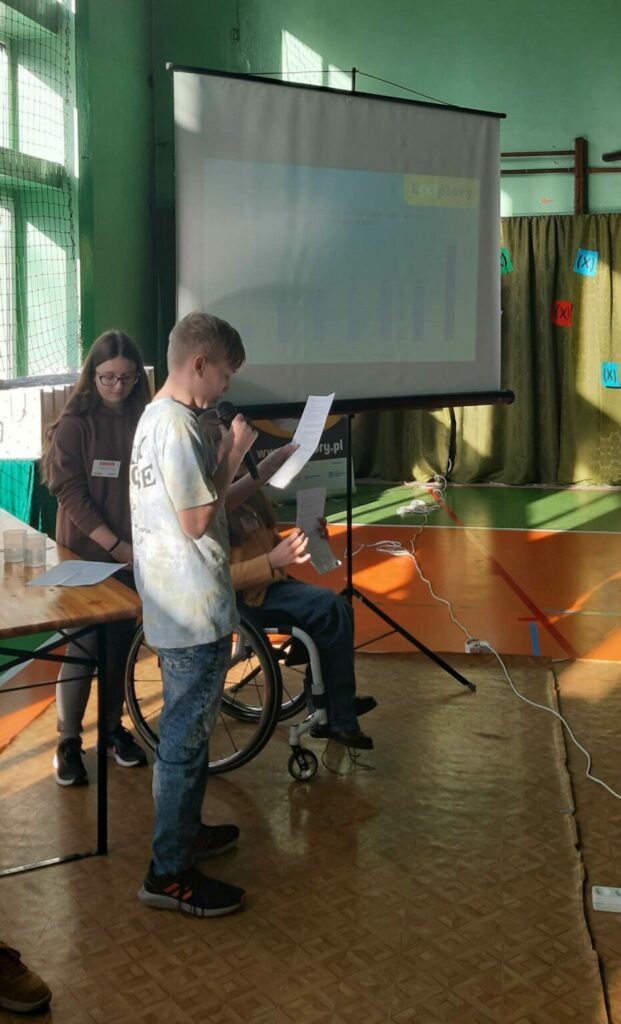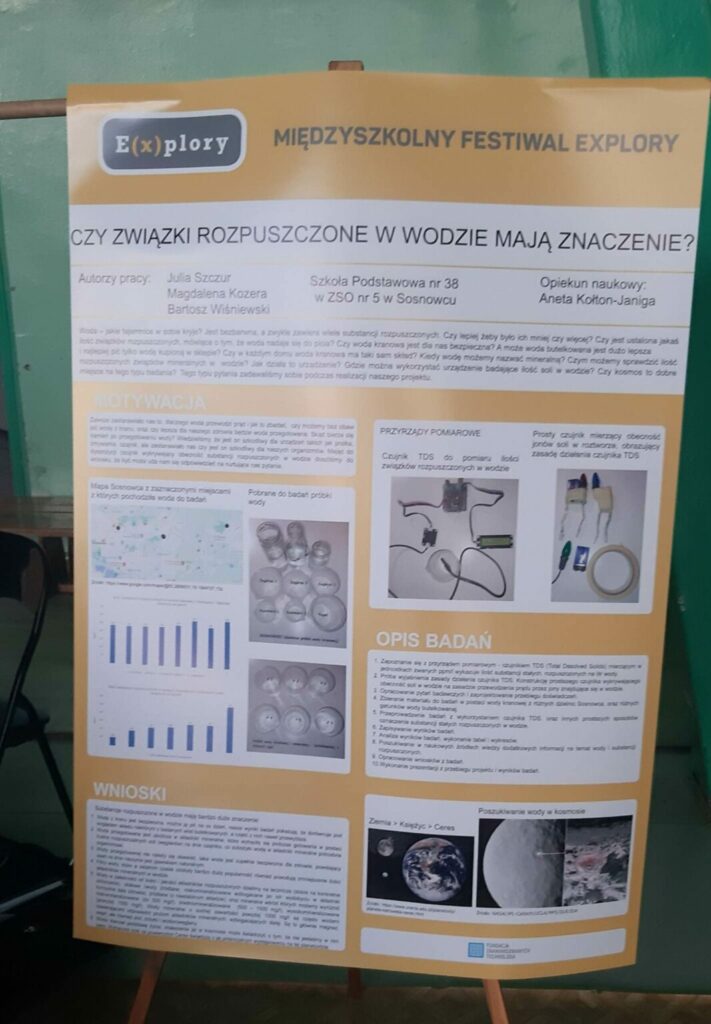
A Thirst for Knowledge: Sosnowiec’s Young Water Pioneers
Nestled in Sosnowiec, Poland, an elementary school has undertaken a remarkable educational initiative. Students, aged 12 to 14, have become both budding scientists and community advocates, immersing themselves in the realms of ecology and water quality. They’ve adopted an engaging Make it Open approach, bringing a crucial local issue to the forefront while involving their community in an innovative way.
The elementary school boasts a strong track record of academic success and a deep commitment to participating in various competitions and programs. Equipped with essential laboratory, analytical, and IT facilities, it has consistently excelled in educational endeavors. Despite these achievements, the school had not previously ventured into Open Schooling projects.

One noteworthy aspect of this school is its dedication to involving the local community, parents, and businesses in its projects. Recognizing the value of this approach, the school aims to make their projects more attractive and, in the process, demonstrate to its young students how to apply knowledge in real-life situations.
The project’s central theme revolves around investigating the quality of tap water in various locations, with a specific focus on their immediate community. The students themselves proposed this topic, driven by their concerns for their community’s well-being. Their choice stemmed from the fact that their district, with its aging infrastructure, uses old pipes for water distribution. To explore this further, the students initiated the project and welcomed experts and partners to join their quest for knowledge.
The students began their journey by acquiring knowledge about the components of drinking water from local supermarkets. They embarked on hands-on learning by constructing and testing a Total Dissolved Solids (TDS) sensor capable of measuring the concentration of dissolved substances in water. Additionally, they examined the sources of their city’s drinking water. Their initial reactions were a mix of curiosity and excitement as they realized the practical implications of their discoveries.
The students embarked on a journey to answer critical questions such as whether tap water quality varies within their locality and how the age of buildings and pipes might impact the concentration of dissolved substances in water. To delve deeper into these inquiries, they engaged with experts and external partners who could provide guidance and insight. Their investigations took them to various locations, including homes and public buildings, where they collected water samples for analysis.

One of the remarkable achievements of this project was the creation of a TDS sensor based on a microcontroller. This sensor could accurately measure the levels of dissolved substances in water. The students not only successfully built and tested this sensor but also made improvements to enhance its functionality. Through this hands-on experience, they applied the principles of Make Pedagogy, fostering innovation and practical problem-solving skills.
The culmination of their hard work and dedication was the presentation of their research results at the regional E(x)plory competition. This platform allowed the students to showcase their findings and earned them the opportunity to advance to the next stage. They will soon present their remarkable results at the national level, where their project is bound to inspire even wider audiences.
In a world where education is increasingly about not just learning but also making a tangible impact, this elementary school in Sosnowiec, Poland, has shown us how young minds can explore vital ecological issues, engage their community, and bring about meaningful change. Through their MiO approach, these students have not only deepened their understanding of water quality but have also instilled a sense of responsibility and curiosity that will serve them well in the future. It’s a journey where formal education meets the playful spirit of discovery, making it a model for schools everywhere to follow.
Pictures credit: Primary School no. 38 Sosnowiec.